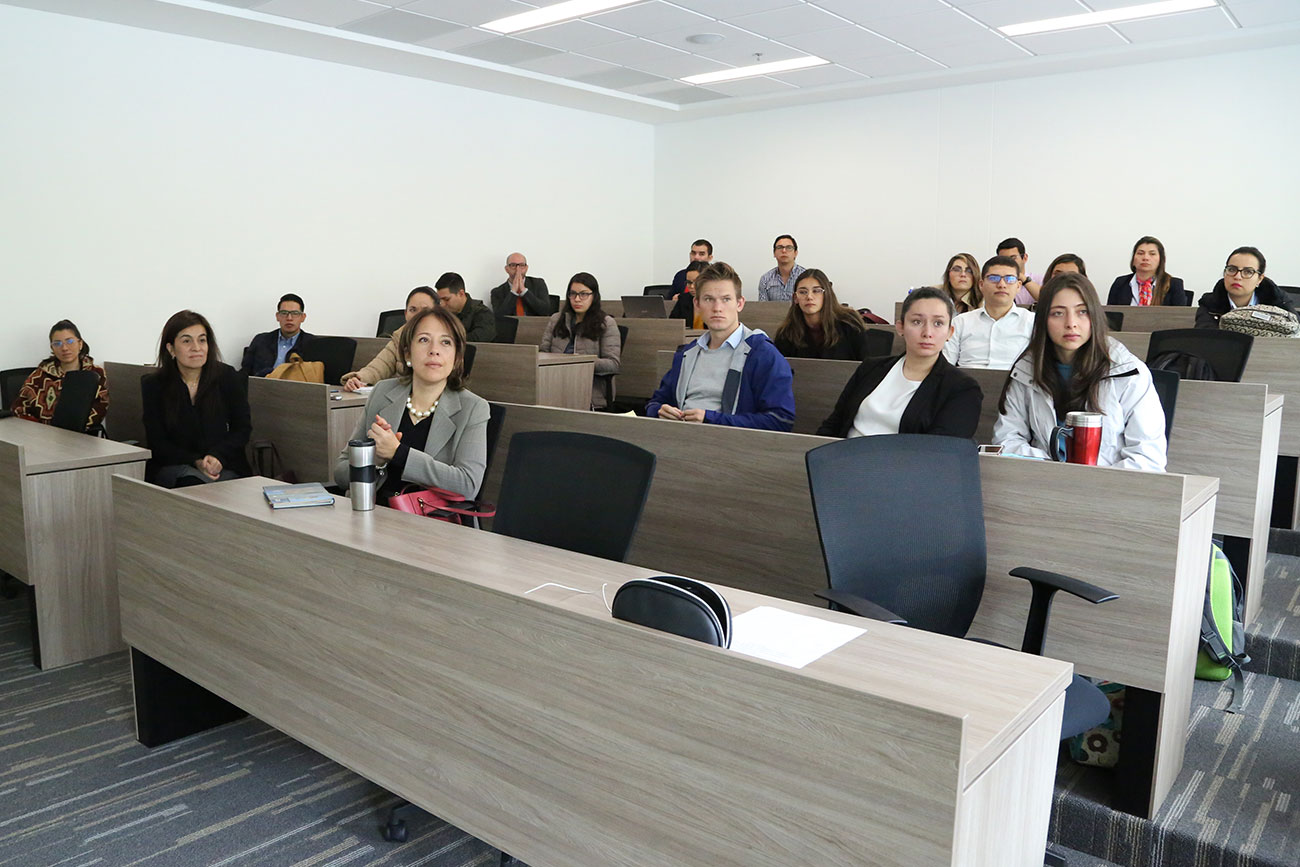
Un análisis al Acuerdo de Escazú y los derechos de acceso en Colombia
Fecha: 20 de febrero de 2020
Hora: 8:00 am - 9:00 am
Lugar: H 304
En el marco de su ciclo de conferencias, el Departamento de Derecho del Medio Ambiente invita a la disertación sobre “Los derechos de acceso en materia ambiental (información, participación y acceso a la justicia). Una mirada al Acuerdo de Escazú".
Los conflictos socio – ambientales representan un nuevo escenario para el Derecho Público. EspecÃficamente conflictos relacionados con el uso y la explotación racional y sostenible de los recursos naturales, la construcción de infraestructura, la gestión del territorio y actividades de alto impacto ambiental, entre otros, que requieren una respuesta desde el Derecho.
En Colombia, las respuestas concretas a los conflictos ambientales, en aumento, han sido de diverso origen. Desde el Ejecutivo, se han puesto en marcha organizaciones administrativas como la Mesa Intersectorial para la Democracia Ambiental y los Centros Regionales para el Dialogo Ambiental y, recientemente, la firma y ratificación del Acuerdo de Escazú, un instrumento regional de América Latina y el Caribe que reconoce por primera vez los llamados “derechos de acceso” (información, participación ciudadana y acceso a la justicia).
Los derechos de acceso son un reto para el Derecho Ambiental colombiano, y un primer avance fue su firma y ratificación. Se trató de un paso determinante en la búsqueda de la democracia ambiental en el paÃs; en consecuencia, ahora debe comenzar el proceso de compatibilización de los estándares comunes diseñados en el Acuerdo con la normatividad ambiental que determina información, participación ciudadana y acceso a la justicia.
Sin duda, el Acuerdo de Escazú es el instrumento ambiental más ambicioso, especializado y detallado en derechos de acceso para América Latina y el Caribe. Pretende generar estándares con impacto en cerca de 500 millones de personas que son los habitantes de la región. Por lo tanto, es indispensable afirmar que este acuerdo va a incidir en la democracia ambiental de la región y de Colombia.
Entrada Libre previa inscripción al correo dertierras@uexternado.edu.co.
